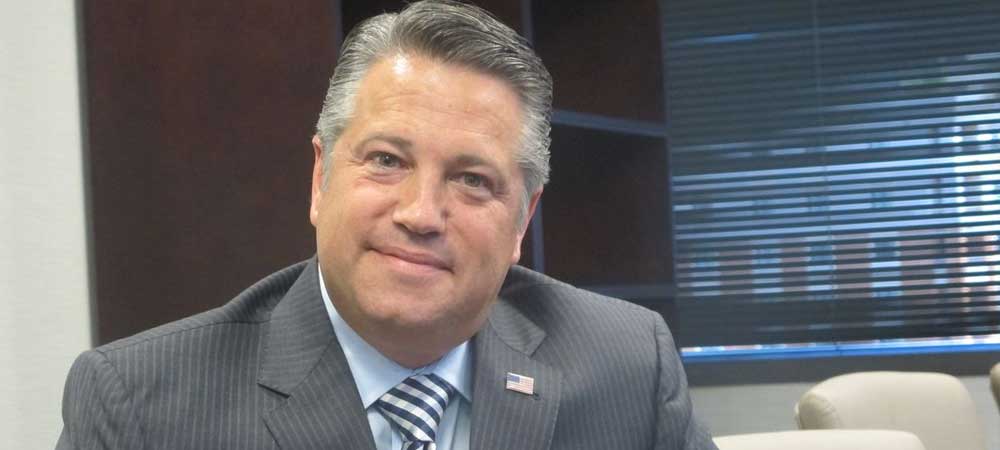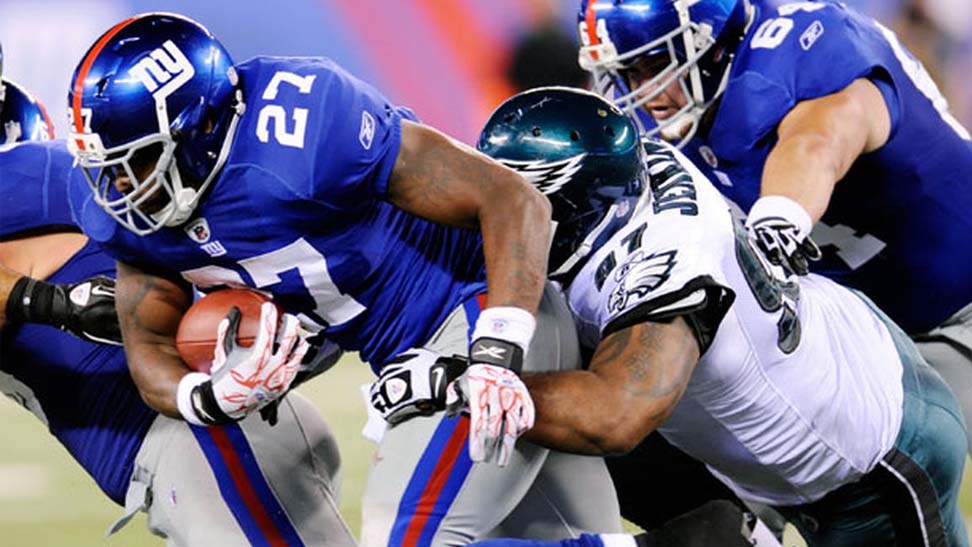- House Bill 1317 would regulate mobile and retail sports betting in Florida.
- The Florida legislature could call a special session in 2021 to pass the bill into law.
- Florida sportsbooks estimate a conservative annual revenue of $150 million from the sports wagering market.
TALLAHASSEE, Fla. – The Florida Legislature adjourns on April 30, giving lawmakers ten days left to decide on a sports betting bill for the state. Bill sponsor and Representative Chip LaMarca spoke with LegalSportsBetting on Monday to discuss House Bill 1317 that would regulate sportsbooks in the Sunshine State. Although there are just days left in the 2021 session, LaMarca is hopeful legislation will pass this year for sports gaming.
Talking To Representative LaMarca
House Bill 1317 is a sports betting measure that would make mobile and retail sportsbooks regulated in Florida. Professional and collegiate sporting events would be open for wagers under this proposal. The timeline is tight for any movement to occur with the last actions being taken on March 5 but Representative LaMarca is a believer.
“There are two weeks left until the end of the session so there is always a chance for passage. I know that I am personally encouraged by the fact that the Senate is having conversations on regulated sports betting. We will probably be having similar ones about setting up a structure soon,” said LaMarca. “Whether this is something we can get done in the remains of the regular session or have it done in a special session, I think there is a strong possibility that a regulated sports betting industry could get done in 2021.”
Typically, there has been tons of opposition and an expected uphill battle when it has come to the Seminole Tribe of Florida and expanding gaming in the state to include sports betting. But LaMarca has supported the Seminole Tribe in Broward as well as having had their support in the past. The relationship between the two is a good one and this bill was drawn up to not infringe on the tribe in any way.
“The way this bill is written and specifically put together is on purpose. We set a preamble up at the beginning of the bill that basically explains that sports betting would not conflict with the Tribal Gaming Compact of the Seminole Tribe of Florida and it would also not expose Florida legally to Amendment Three which states that voters must decide on any expansion of gaming,” said LaMarca. “Sports betting isn’t an expansion of gaming specifically because sports wagering is a game of skill, not a game of chance as typical casino games are labeled as games of chance. Because it is a game of skill, no vote would be required to pass the market into law.”
LaMarca says that the Seminole Tribe of Florida could enter the sports gaming market if they wished to do so. In fact, he would like to see the Tribe become licensed to operate sportsbooks in the state and hopes to have that conversation with them in the future. He believes they are an enterprise that would like to expand into sports betting in the Sunshine State to open themselves up for more ways to profit from the gaming industry.
“I can tell you by experience and research that the Seminole Tribe has a sportsbook in New Jersey so they obviously would be able to participate and while it’s not part of their Tribal Gaming Compact in Florida, they could gain access to this process just like anyone else could,” said LaMarca.
Currently, Floridians are using mobile sportsbooks and other outlets overseas to gamble on sporting events. Essentially, LaMarca says it’s a black market that needs to be regulated statewide. Not only would regulating the industry in Florida keep the money in the state with sports bettors but it could also help tourism.
“This is an issue of economic freedom and opportunity for Florida and Floridians. Typical tourists that come here could enjoy the pastime and bring in revenues for both sports betting and tourism simultaneously,” said LaMarca. “This could also help bring in tourists who are taking part in sports wagering tourism; specifically visiting Florida to bet on sports while in the state.”
The money that could be generated from Florida sports betting alone sits in the millions of dollars range. On the low end, it looks to be about $150 million in annual revenue. However, it could be three to five times that much as the estimates are being based on black-market activity.
“Whether these extra dollars would go toward education or issues like emergencies brought on by things like the pandemic remain to be seen but I believe regulated sports wagering adds to our state’s resources. At the end of the day, the fair thing to do in Florida is to keep those dollars here in the state,” said LaMarca.
“There are other states that are benefitting off of the fact that people here are already doing it, they’re just not doing it where the revenue would stay in Florida. Look at New Jersey, Tennessee, and Michigan and what their revenues are. This is exposure that we are not getting in Florida. It’s literally money spent by Floridians benefiting other states.”
What’s On The Horizon?
Although there are only ten days left in the session for 2021, LaMarca thinks a special session could get regulated sports betting to the Sunshine State this year.
“We think House Bill 1317 is a very narrow and very focused proposal to just allow for sports wagering in the state of Florida and I am very optimistically hopeful about passage now or through a special session in 2021,” said LaMarca. “I think a regulated sports wagering industry in Florida is an unrealized revenue source that our state government could use to benefit Floridians and at the end of the day that’s what the foundation of why this bill exists, to help the state and its residents with an activity that already occurs daily.”
Advertising Disclosure
In order to provide you with the best independent sports betting news and content LegalSportsBetting.com may receive a commission from partners when you make a purchase through a link on our site.
News tags: Broward County | Chip LaMarca | Florida | Florida House of Representatives | Florida Legislature | House Bill 1317 | Seminole Tribe of Florida

Christina has been writing for as long as she can remember and does dedicated research on the newly regulated sports betting market. She comes from a family of sports lovers that engage in friendly bets from time to time. During the winter months, you can find Christina baking cookies and beating the entire staff at Mario Kart…the N64 version of course.


 College Football Betting
College Football Betting Best Online Sports Betting
Best Online Sports Betting Best Legal NFL Betting
Best Legal NFL Betting States With Legal Sports Betting
States With Legal Sports Betting Sports Betting Events
Sports Betting Events




